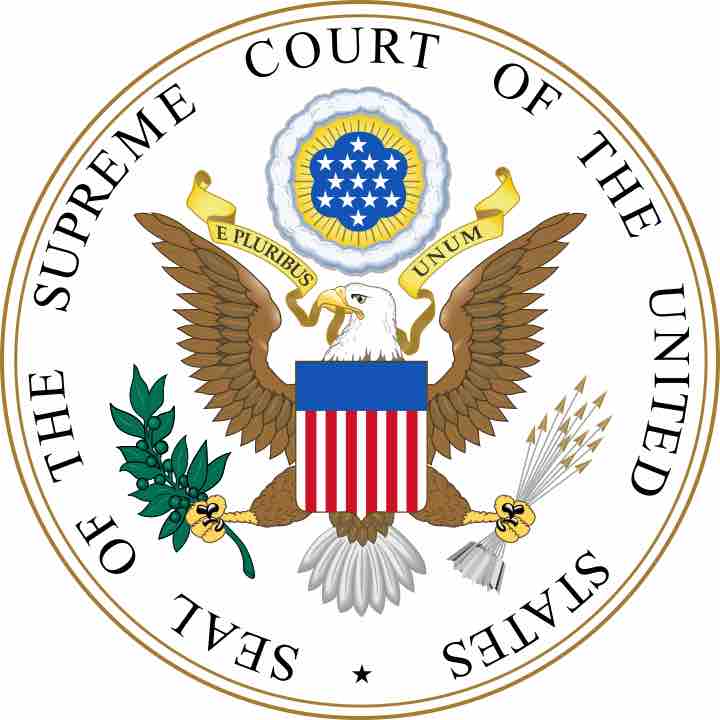Background
The exclusionary rule is a legal principle in the United States holding that evidence collected or analyzed in violation of the defendant's constitutional rights is sometimes inadmissible for criminal prosecution. This may be considered an example of a prophylactic rule formulated by the judiciary in order to protect a constitutional right. However, in some circumstances, the exclusionary rule may also be considered to follow directly from the constitutional language. For example, the Fifth Amendment's command that no person "shall be deprived of life, liberty or property without due process of law. "
The exclusionary rule is grounded in the Fourth Amendment and is intended to protect citizens from illegal searches and seizures. The exclusionary rule is also designed to provide disincentive to prosecutors and police who illegally gather evidence in violation of the Fifth Amendment of the Bill of Rights. The exclusionary rule furthermore applies to violations of the Sixth Amendment, which guarantees the right to counsel.
Most states have their own exclusionary remedies for illegally obtained evidence under their state constitutions and/or statutes. This rule is occasionally referred to as a legal technicality because it allows defendants a defense that does not address whether the crime was actually committed. In this respect, it is similar to the explicit rule in the Fifth Amendment protecting people from double jeopardy. In strict cases, when an illegal action is used by police/prosecution to gain any incriminating result, all evidence whose recovery stemmed from the illegal action can be thrown out from a jury.
The exclusionary rule applies to all persons within the United States regardless of whether they are citizens, immigrants (legal or illegal), or visitors.
Limitations of the Rule
The exclusionary rule was passed in 1917, and does not apply in a civil case, a grand jury proceeding, or a parole revocation hearing.
Even in a criminal case, the exclusionary rule does not simply bar the introduction of all evidence obtained in violation of the Fourth, Fifth, or Sixth Amendments.
The exclusionary rule is not applicable to aliens residing outside of U.S. borders. In United States v. Alvarez-Machain, 504 U.S. 655, the Supreme Court decided that property owned by aliens in a foreign country is admissible in court. Prisoners, probationers, parolees and persons crossing U.S. borders are among those receiving limited protections. Corporations, by virtue of being, also have limited rights under the Fourth Amendment (see corporate personhood).
Criticism of the Rule
The exclusionary rule as it has developed in the U.S. has been long criticized, even by respected jurists and commentators. Judge Benjamin Cardozo, generally considered one of the most influential American jurists, was strongly opposed to the rule, stating that under the rule, "The criminal is to go free because the constable has blundered. "

U.S. Supreme Court Seal
The Supreme Court of the United States is the highest court in the country. It has ultimate (but largely discretionary) appellate jurisdiction over all federal courts and over state court cases involving issues of federal law, and original jurisdiction over a small range of cases.